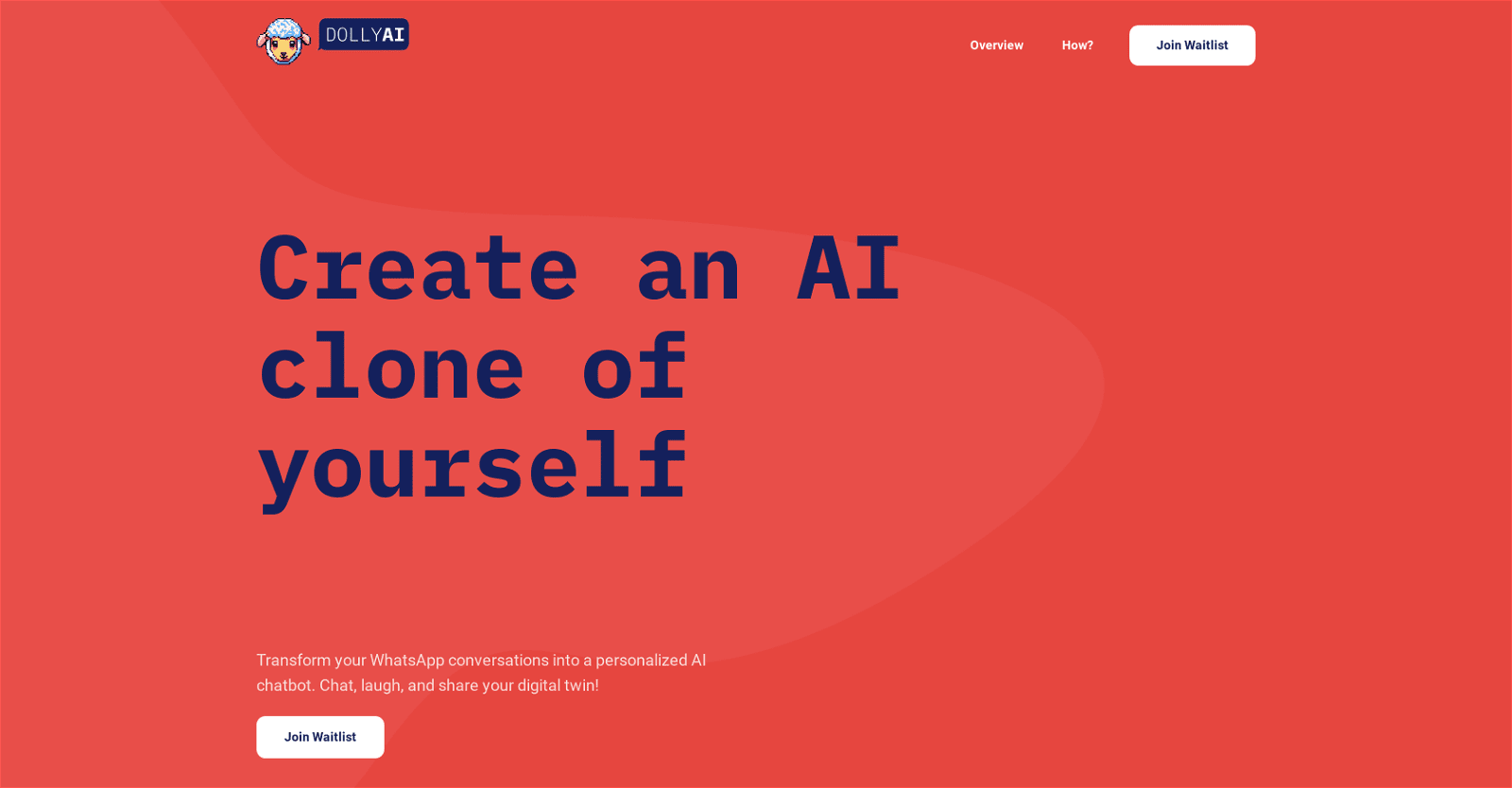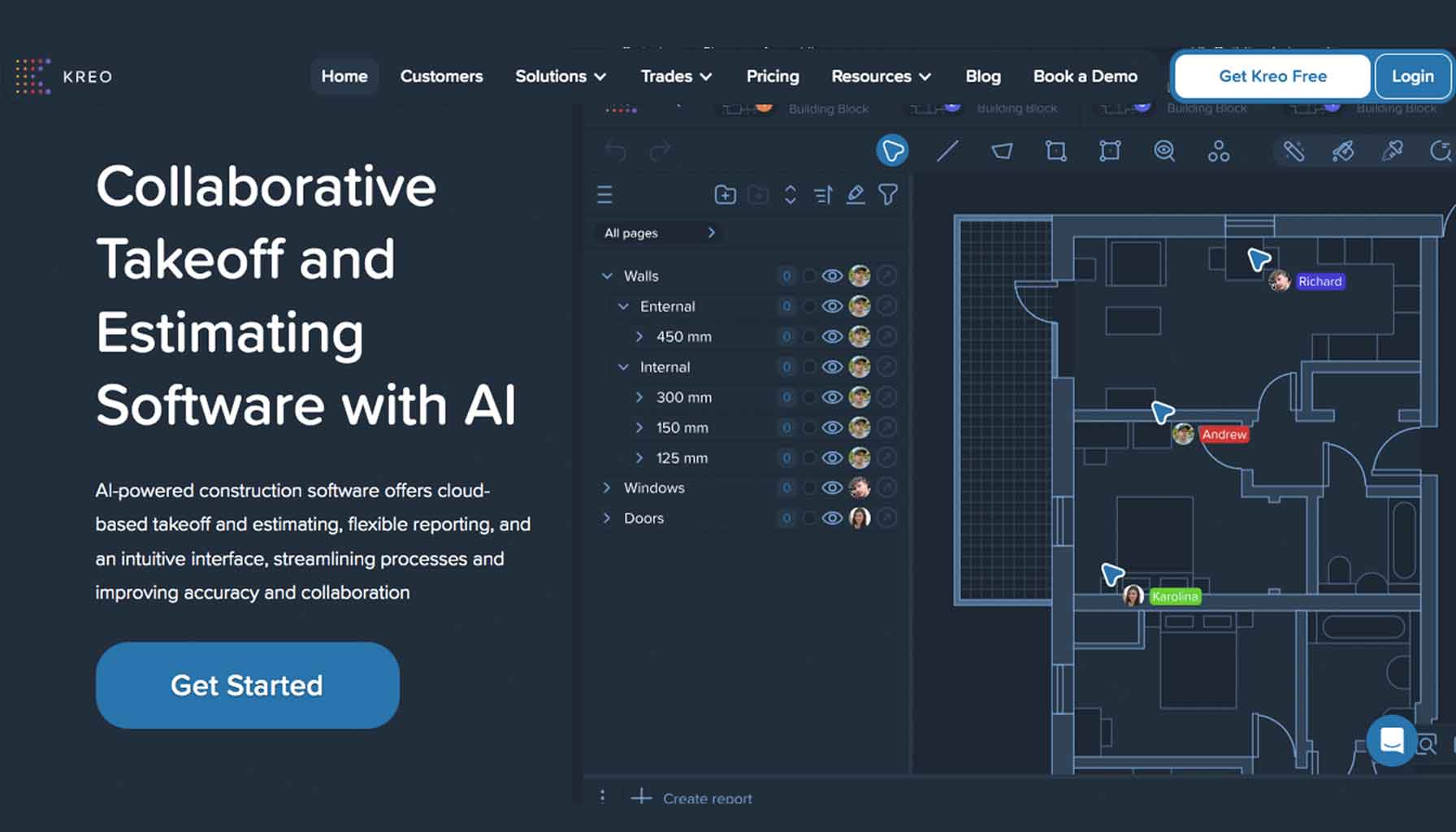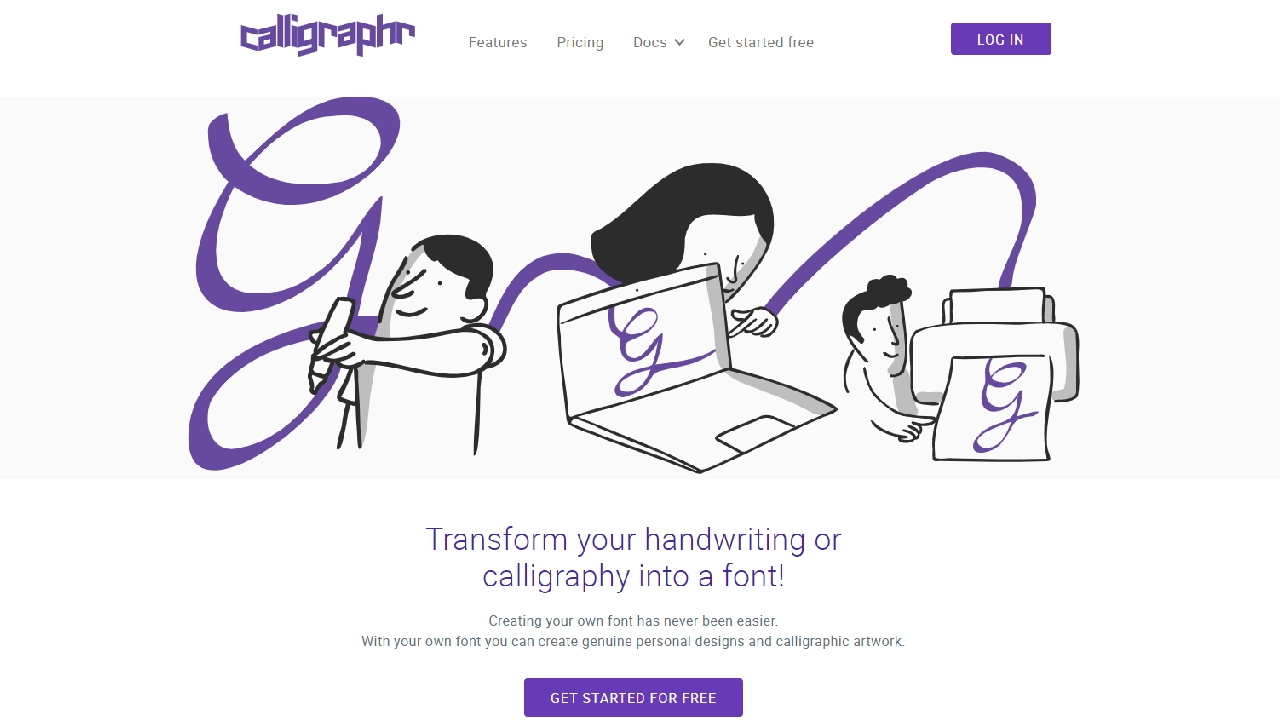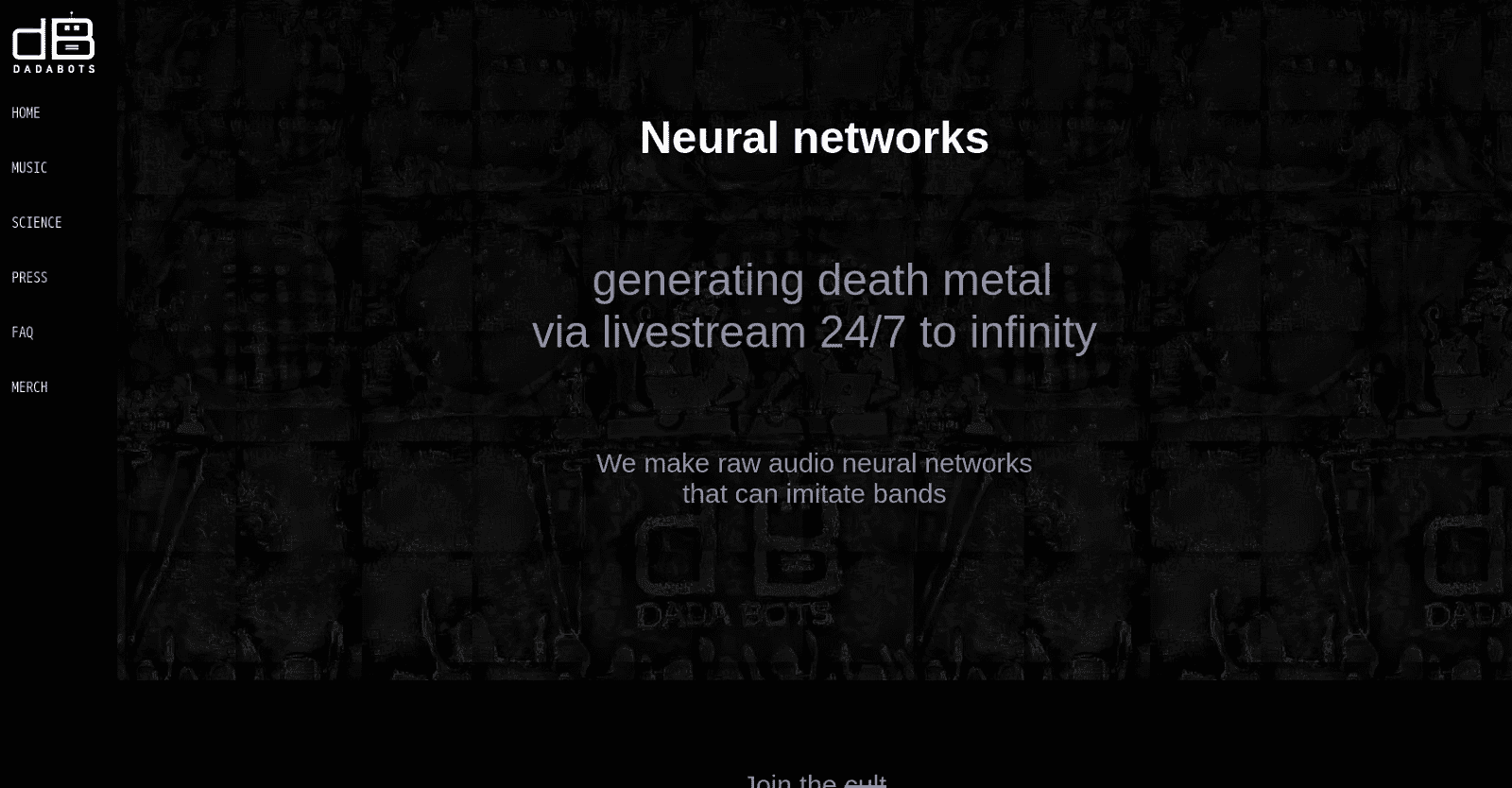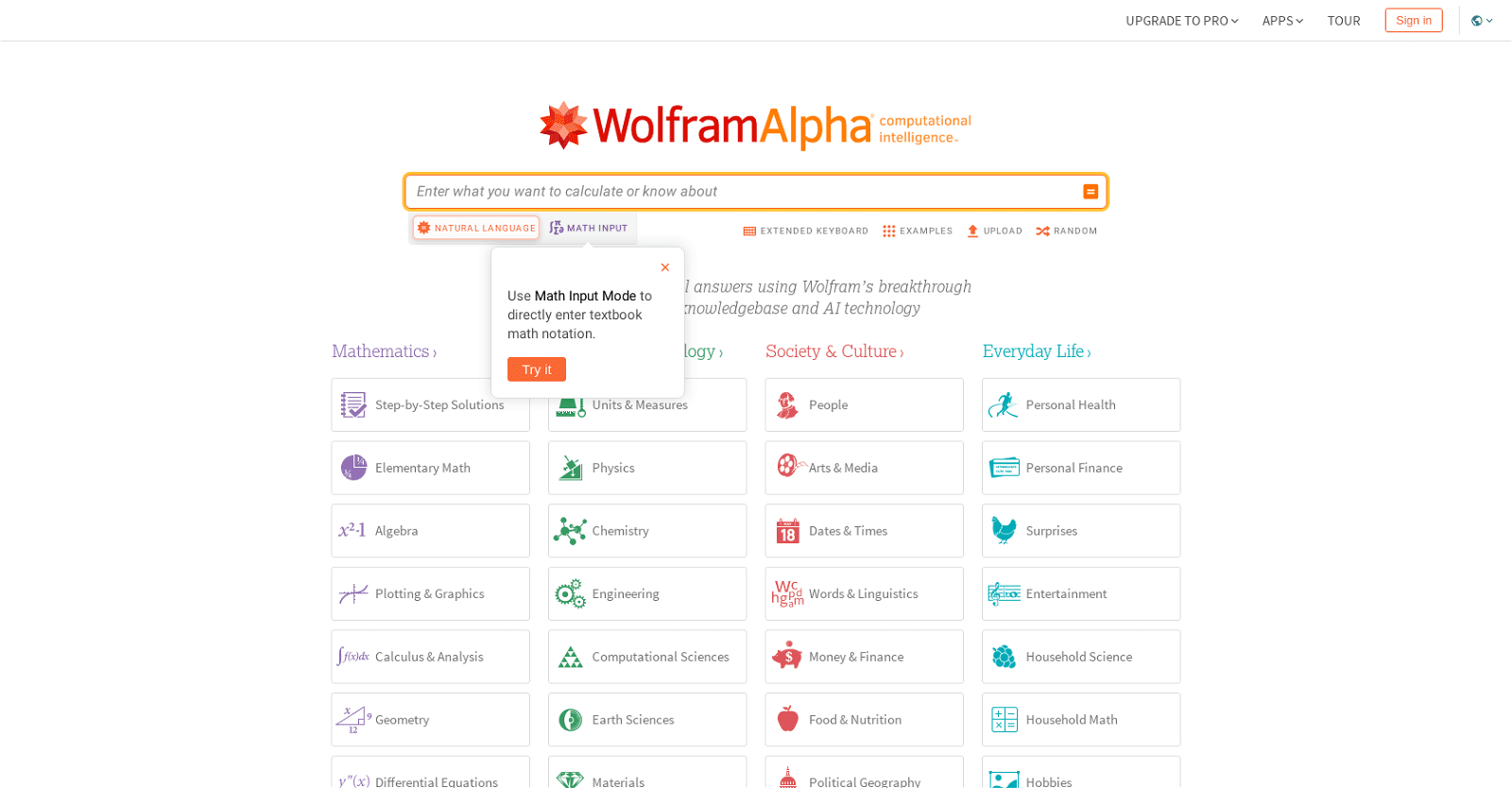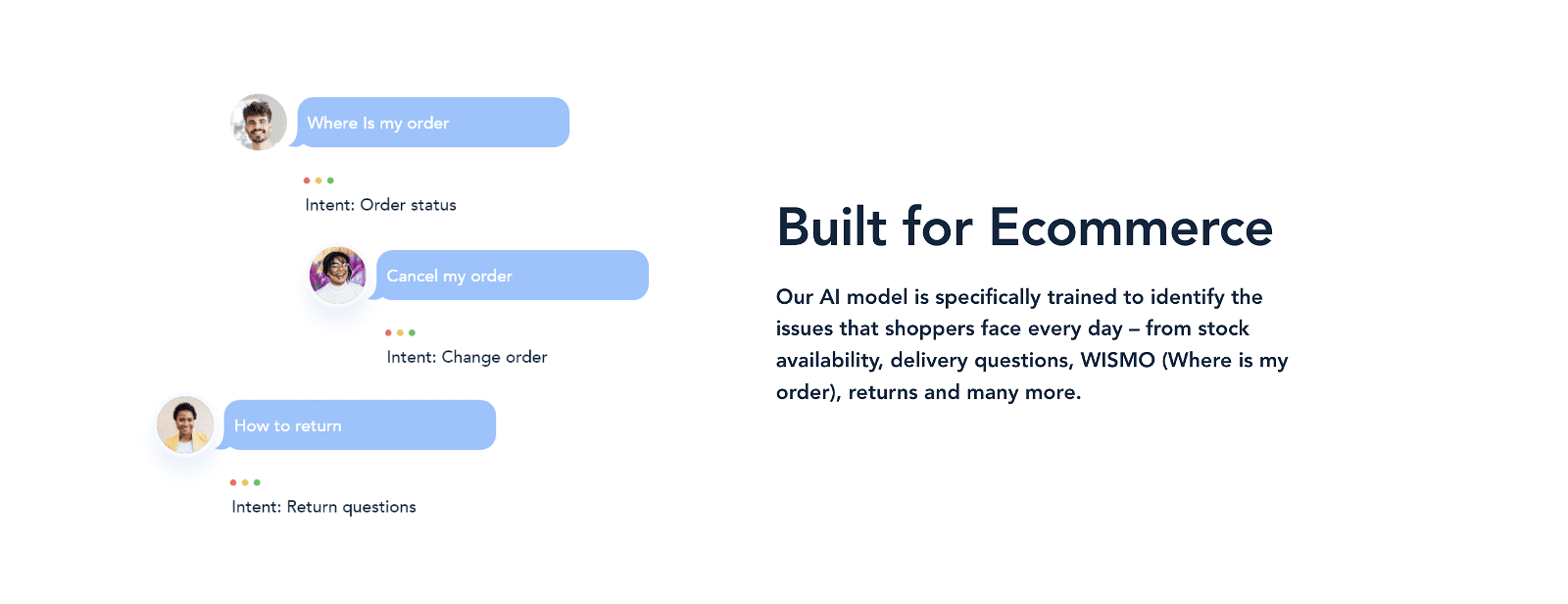Dolly AI is an innovative tool designed to transform your WhatsApp conversations into a personalized digital twin or AI chatbot. Its main goal is to replicate your unique chat style, creating an engaging and entertaining conversational interface.
The AI clone generated by Dolly AI can effectively engage in dialogues, mirroring your wit and wisdom. Beyond personal entertainment, users can share their AI clone with friends, allowing them to interact with their digital twin.
Interactions with the AI clone can cover a wide range of topics and emotions, from lighthearted fun to seeking advice. Creating your AI clone is a simple process that begins by connecting your WhatsApp account to the platform, enabling the AI to learn your distinctive chat style.
Dolly AI promises a quick turnaround, providing users with an AI clone ready to chat in a short amount of time. Privacy is a top priority for Dolly AI, ensuring the protection of personal data. WhatsApp data used to train the AI clone is discarded after training, giving users control over which chats are utilized for training purposes.
More details about Dolly AI
What are the uses of having a Dolly AI clone?
The primary uses of having a Dolly AI clone are for entertainment and sharing. You can engage in dialogues with your digital twin, enjoy its mimicry of your chat style, and even seek advice from it. Additionally, you can share it with friends for them to interact with.
Does Dolly AI store my personal data?
No, Dolly AI does not store your personal data. Following the training of your AI clone, all of your WhatsApp data used in the process is permanently discarded.
Can I share my Dolly AI clone with my friends?
Yes, Dolly AI allows you to share your AI clone with your friends. They can then interact with your digital twin, asking questions and engaging in conversation as they might with you.
Does Dolly AI offer any emotional recognition or response?
While specific details are not provided, Dolly AI likely incorporates emotional recognition or response capabilities. Given that interactions can encompass a range of emotions from fun and laughter to seeking advice, it suggests that the AI is capable of recognizing and responding to emotional cues in conversations.
